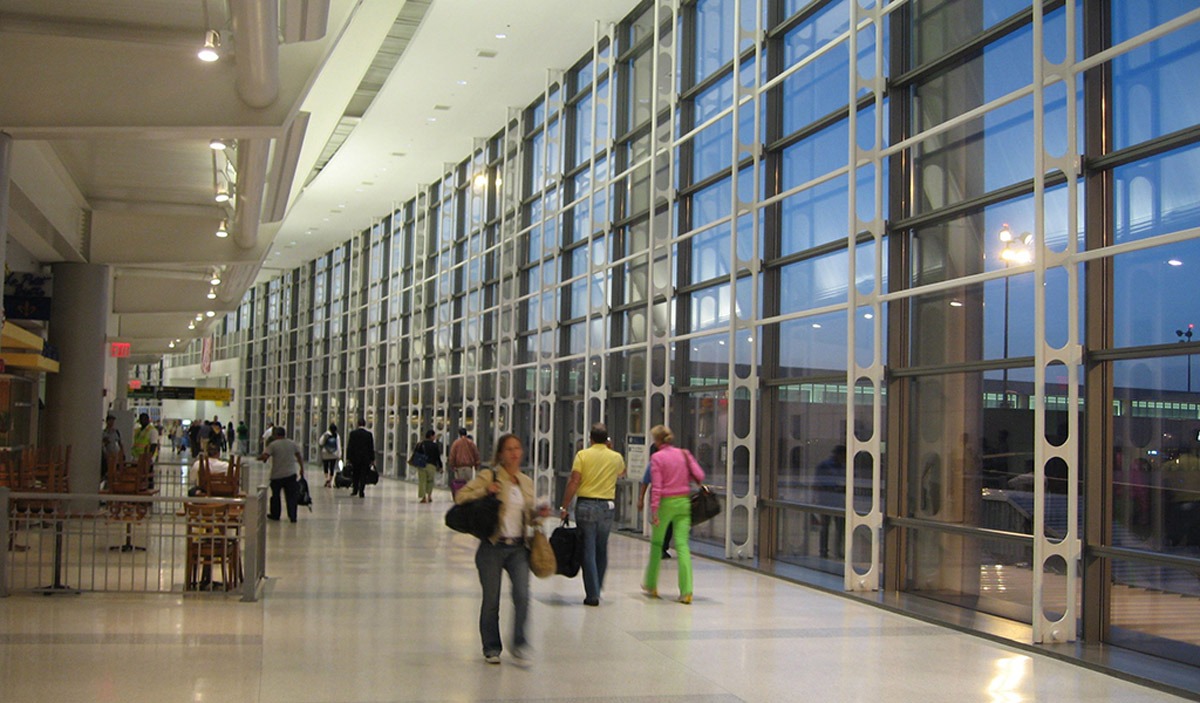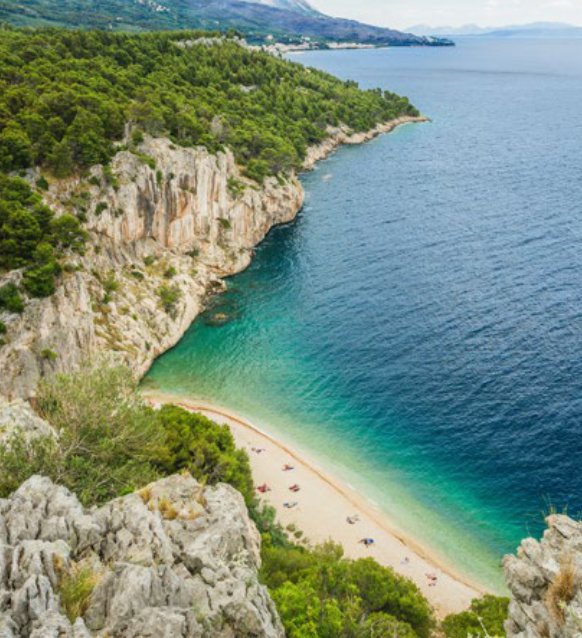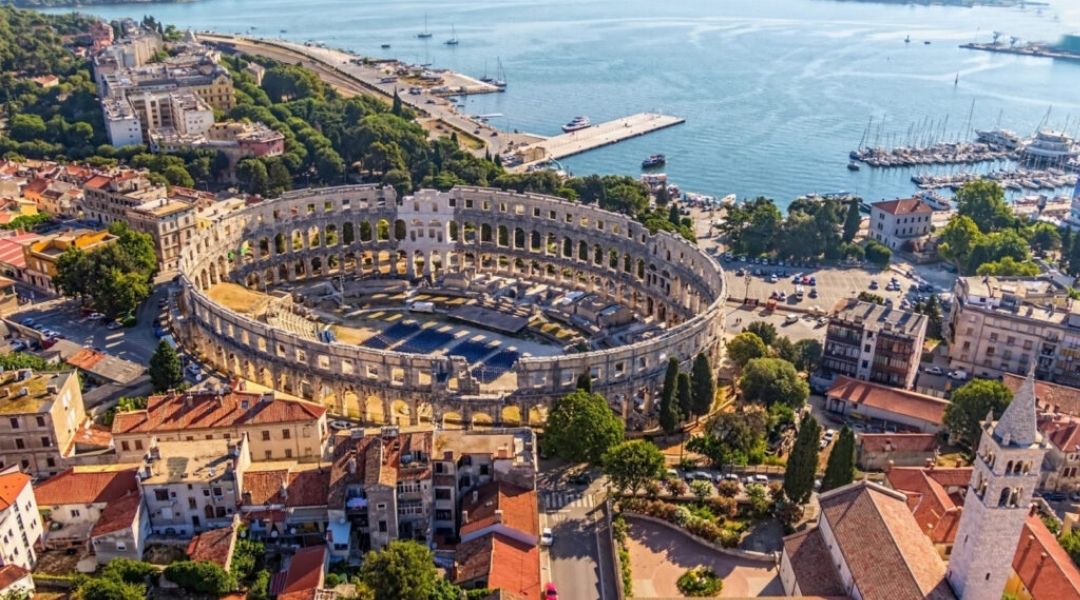When Corey Patterson heard about the terrorist attacks in Brussels last week, he had a clear-cut response to people who asked if he was going to cancel a coming trip to Belgium.
“That’s exactly what the terrorists want, so absolutely not,” Mr. Patterson, 45, said on Twitter.
He’s in the Netherlands now, visiting a former roommate and his family, and will head to Belgium in a few days.
“Anything can happen anywhere at any time,” Mr. Patterson, a Texas resident, said through messages on Twitter. “You can’t stop living life, and this world is worth seeing, so I chose to do it.”
He’s not alone.
“Americans especially seem to be fairly resilient and do not panic and cancel trips, unless perhaps they are traveling in the next few days,” Jennifer Michels Jones, vice president of communications for the American Society of Travel Agents, said in an email.
After the attacks in Paris last fall, 64 percent of the association’s agents found that their clients did not plan to delay or cancel travel to and from or within Europe.
The travel alerts issued by the State Department also fall far short of advising people to cancel their plans.
“We’re not saying, ‘Don’t travel,’ especially not to Europe, but we are saying, ‘Be careful if you do,’” said Michelle Bernier-Toth, the managing director of the federal Office of Overseas Citizens Services.
Here are seven ways to take care when traveling to Europe, or really, anywhere.
- Log travel plans with the State Department.
Enrolling in the Smart Traveler Enrollment Program gives the government the ability to send email alerts to a traveler about potential problems, like demonstrations. “And it gives us a general idea of how many U.S. citizens might be in a country,” Ms. Bernier-Toth said.
- Know how to contact the American Embassy.
Embassy information is available on the government’s travel website. Use the search box to pull up information about an individual country. The first pull-down menu lists all the embassy information. Heading to Belgium? The number: 32-2- 811-4000.
“Knowing how to get ahold of us is important,” Ms. Bernier-Toth said. “In the event of a major event, we will work as quickly as possible to identify people who need our assistance and do what we can to help.”
- Find out how to contact local authorities in case of an emergency.
On the page opened in Step 2, each country’s equivalent to “911” is listed, as well. Britain’s equivalent is 999. In France, it’s 112. In Belgium, it’s 101 if it requires the police, or 112 for everything else. This information is under the “Safety and Security” pull-down menu, though not usually at the top.
- Those phone numbers are only useful for working phones.
Your phone plan may not work abroad. Most carriers offer international plans, and they may be expensive. There are alternatives, like renting a phone or buying a SIM card locally. “It’s very useful to have an international SIM card,” Ms. Bernier-Toth said. Phones may have to be unlocked, which you can ask your carrier to do.
But if something does happen, the number of people trying to make phone calls around the same time can overwhelm phone lines. “But often text messages will go through,” Ms. Bernier-Toth said. Social media sites, like Facebook, and free messaging services, like WhatsApp or WeChat, are alternatives, too.
- Be vigilant when in public places and using mass transit.
“I don’t think you can avoid using mass transit, but be smart about that,” Ms. Bernier-Toth said. “Know the exit strategy.” The same applies to major tourist attractions, sporting events, restaurants and other crowded areas.
Find travel alerts, like the one advising American citizens that terrorist groups continue to plan attacks throughout Europe, on the same website mentioned above.
- Give a copy of your itinerary to family members or friends.
“We get a lot of calls from people who are worried sick about their family members overseas but don’t have any idea where they are,” Ms. Bernier-Toth noted.
- Understand the differences among travel insurance policies.
Some policies will cover medical expenses. Others won’t. And there are always clauses to worry about.
“We recommend travelers ask the travel insurance provider about force majeure clauses and whether or not they are covered,” Mrs. Michels Jones said. “These are things in contracts that are unavoidable accidents or chance occurrences that cannot be planned.”





